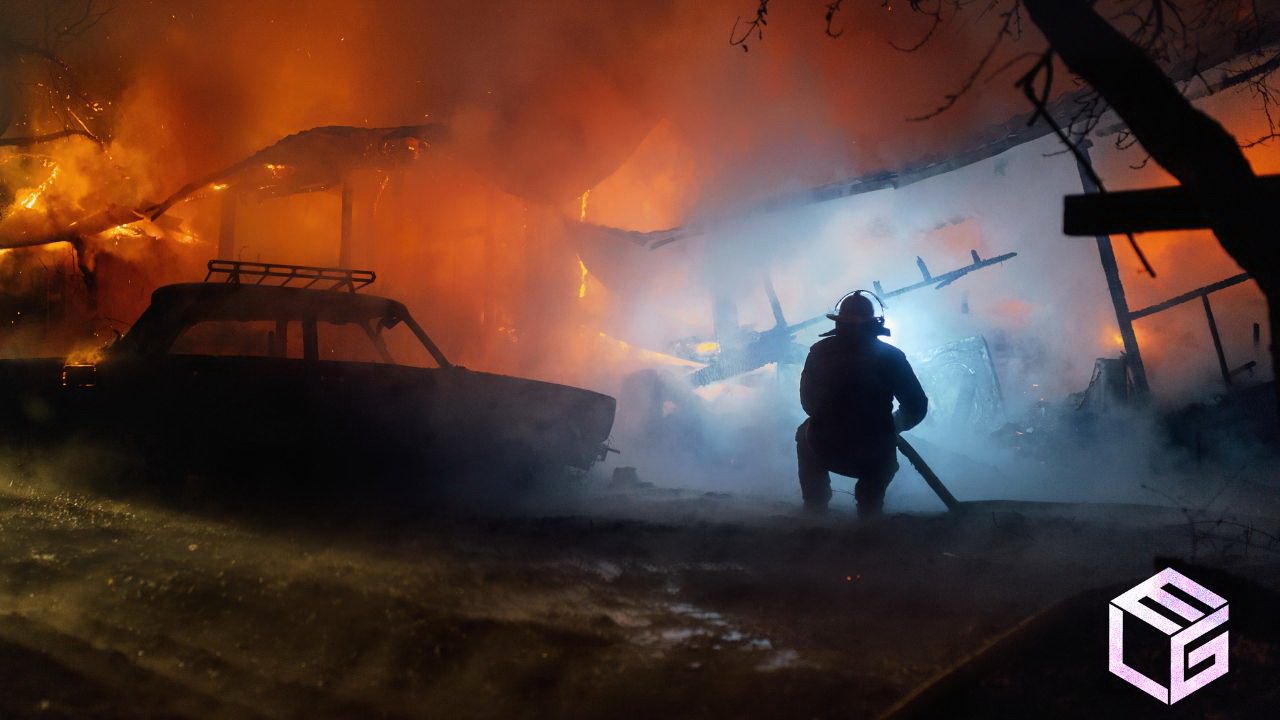-
About »
- Insulin MDL
-
Cases »
- Diseases
- Testimonials
- Government
- Contact
- Get Help Now
-

Because they serve as essential facilities for housing, maintaining, and safeguarding aircraft, as well as for providing support for operations, military airport hangars must always be protected against a potential fire. Therefore, fire safety is of utmost importance, considering the risks associated with highly flammable aviation fuels. Since the 1960s, AFFF has emerged as a vital firefighting agent for military airport hangars. However, because it contains PFAS, which are toxic chemicals, exposure can result in awful illnesses in firefighters who use AFFF. If you were injured by AFFF exposure, we encourage you to seek legal assistance from our AFFF attorneys.
Claim ApplicationUndeniably, AFFF has proven to be a greatly valuable tool in combating fires, especially those involving aviation fuels. The ability of the firefighting foam to quickly suppress fires, create a vapor barrier, and cool the surroundings makes it a key asset for fire safety in military airport hangars. To effectively use AFFF in military airport hangars, adequate infrastructure and training are essential. However, considering the health risks exposure to this fire suppressant entails, military firefighters should pay close attention to their health if they use AFFF.
If an unexpected fire starts at a military airport hangar, firefighters will unavoidably be exposed to the PFAS in the fire suppressant by inhalation and ingestion, which, over time, can lead to diseases.
It is worth noting that the U.S. Department of the Air Force is to be the first to meet the 2020 National Defense Authorization Act requirement to shut down all hangar fire suppression systems using AFFF. The removal of the firefighting foam will begin after the lockout and tagout of the systems and is a laudable measure to reduce the risk of mission-related PFAS release impact on drinking water supplies. Except for four hangars identified as "mission critical," all hangars across the country will be converted to water-only sprinkler systems.
Since 1990, our law firm has been dedicated to obtaining compensation for toxic exposure victims and their families. If you are a firefighter who used AFFF to put out blazes in military airport hangars and now suffer from a disease, we encourage you to file a claim. To initiate the process, you will only have to provide us with your employment or military records, which you must retrieve, and your medical records.
Once we determine you are eligible to file an AFFF exposure claim, after a thorough evaluation of your situation, our diligent attorneys will start working on your case as soon as possible, as the process is complex and time-consuming. Still, the legal process will require minimal involvement from you, as we understand the physical and emotional distress a serious illness can have on someone impacted by toxic exposure.